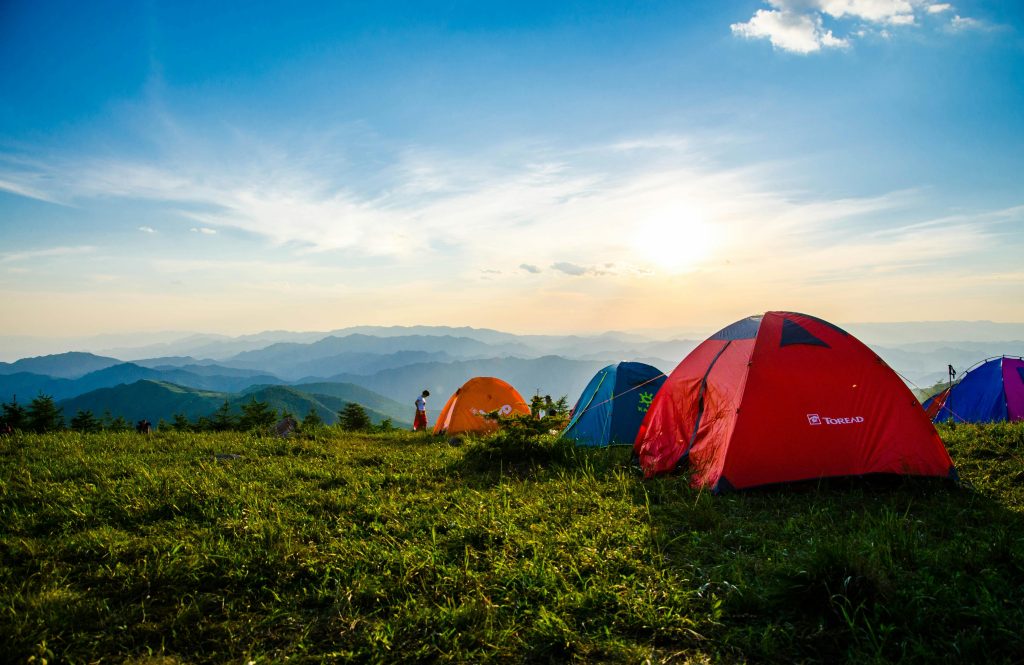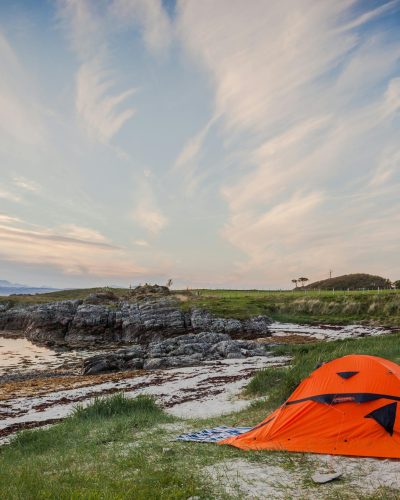
Shelter
Your tent is your home in the wilderness. Opt for a weather-appropriate tent that can withstand the conditions you’ll face. Don’t forget a ground tarp to prevent moisture from seeping in. For more details about hytte kristiansand.
Invest in a high-quality sleeping bag suited to the temperatures you expect. Consider an inflatable or foam sleeping pad for insulation and comfort, and a compact camping pillow to improve sleep quality.

